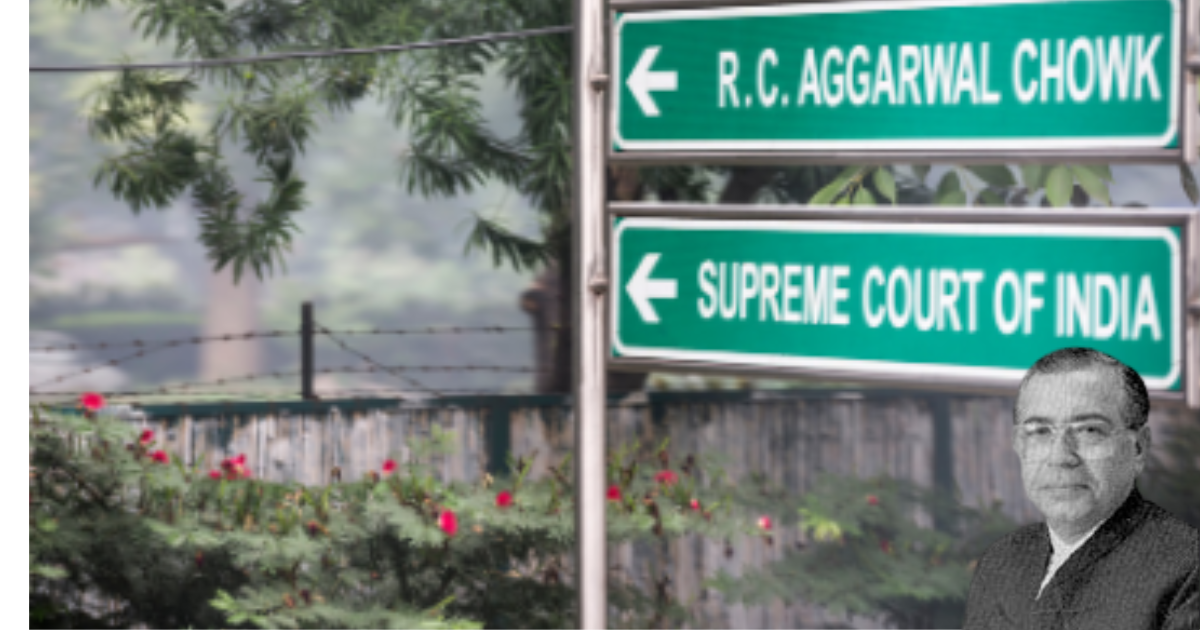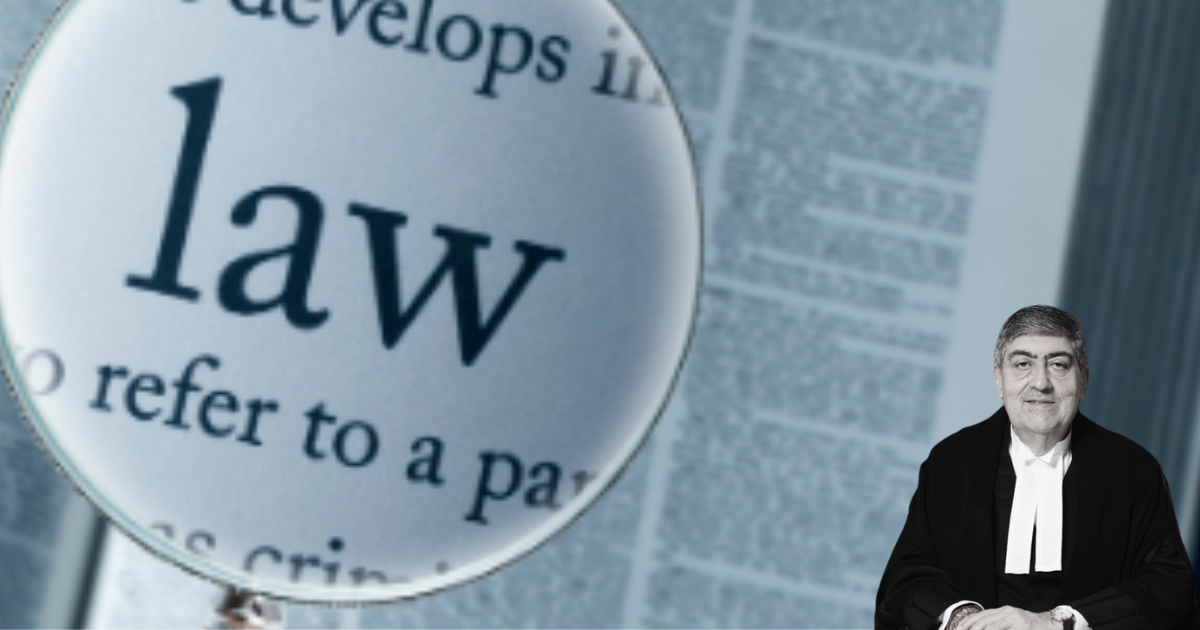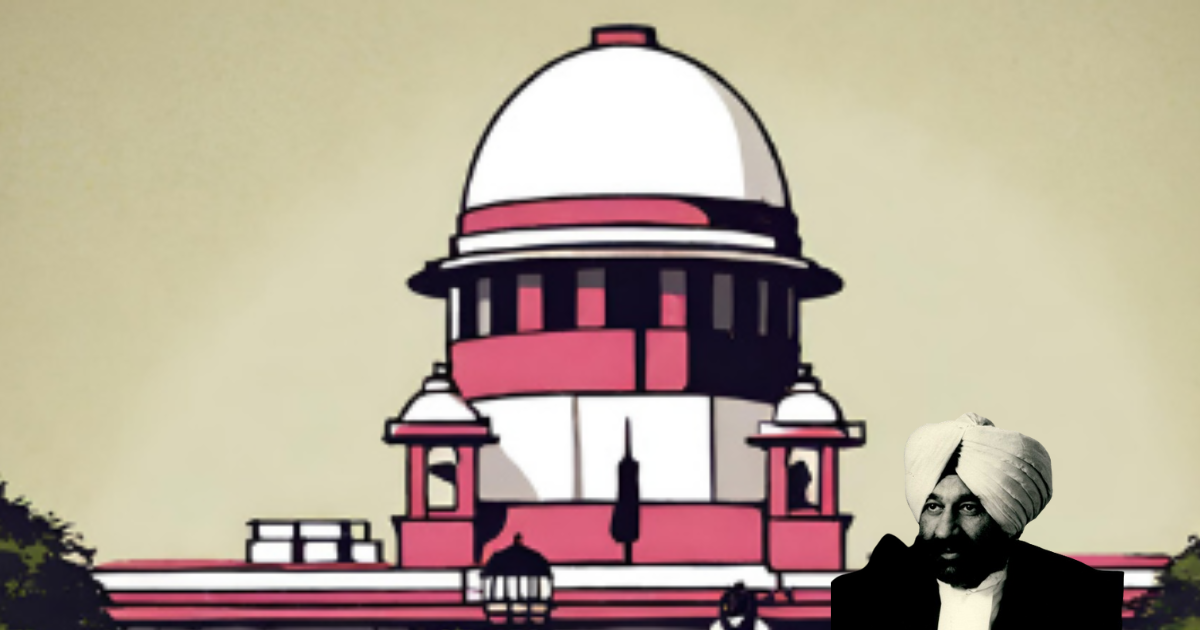In the labyrinth of Indian legal jurisprudence, the case of T.M.A. Pai Foundation Vs. State of Karnataka stands as a pivotal moment in the ongoing debate over the autonomy of private educational institutions. This legal narrative unfolds with the T.M.A. Pai Foundation challenging state regulations that sought to control admissions and fees in private professional colleges. The Supreme Court’s verdict not only addressed the immediate concerns raised by the Foundation but also set enduring principles for the autonomy of educational institutions in India.
The story begins with the T.M.A. Pai Foundation, a trust running several professional colleges in Karnataka, contesting the state government’s interference in the admissions and fee structures of private institutions. The state argued that it had the authority to regulate admissions and fees to ensure fairness and prevent commercialization of education. The Foundation, represented by its legal counsel, countered that such regulations violated its fundamental right to administer educational institutions without government interference, as guaranteed by Article 30(1) of the Constitution.
The crux of the argument put forth by the T.M.A. Pai Foundation centered around the constitutional right to autonomy in educational matters. The legal team contended that private educational institutions, especially those established by minorities, had the right to manage their affairs without external interference. The argument drew inspiration from previous judgments, notably the landmark decision in Unni Krishnan Vs. State of Kerala (1993), which had recognized the autonomy of private educational institutions.
The legal analysis in T.M.A. Pai Foundation’s case delved into the delicate balance between state regulations and the autonomy of private educational institutions. The Supreme Court, led by Chief Justice J.S. Verma and a bench of distinguished justices, embarked on a profound examination of the constitutional provisions governing the right to administer educational institutions.
In a landmark judgment, the Supreme Court affirmed the autonomy of private educational institutions while acknowledging the state’s legitimate interest in regulating admissions and fees. Chief Justice J.S. Verma, in his authoritative pronouncement, recognized the right of minorities to establish and administer educational institutions of their choice, ensuring the protection of cultural and linguistic rights.
The court laid down guidelines to balance the autonomy of institutions with the need for transparency and fairness in admissions and fees. It upheld the concept of a common entrance test but asserted that the state could not impose reservations on the management quota seats. The judgment also clarified that fees could be regulated to prevent profiteering but should allow institutions to generate reasonable surplus for their development.
The verdict in T.M.A. Pai Foundation’s case marked a significant milestone in defining the contours of autonomy in educational institutions. It established the principle that the right to administer institutions included the right to determine admissions and fees, safeguarding the interests of both institutions and students.
In the aftermath of the judgment, T.M.A. Pai Foundation’s case set a precedent for the autonomy of private educational institutions across the country. The guidelines laid down by the court became the framework for subsequent legislations and policies aimed at balancing state regulations with institutional autonomy.
Citation: Writ Petition (civil) 317 of 1993
Case Title: T.M.A.Pai Foundation & Ors.Etc.Etc. State of Karnataka & Ors.Etc.Etc.



